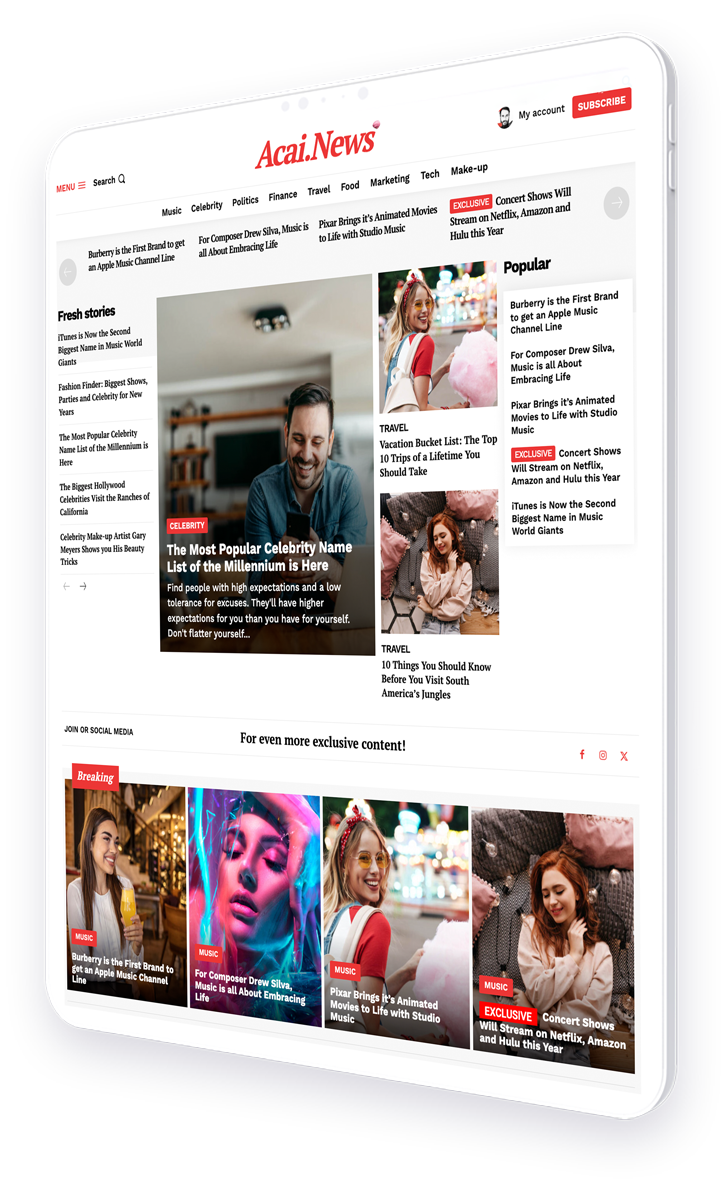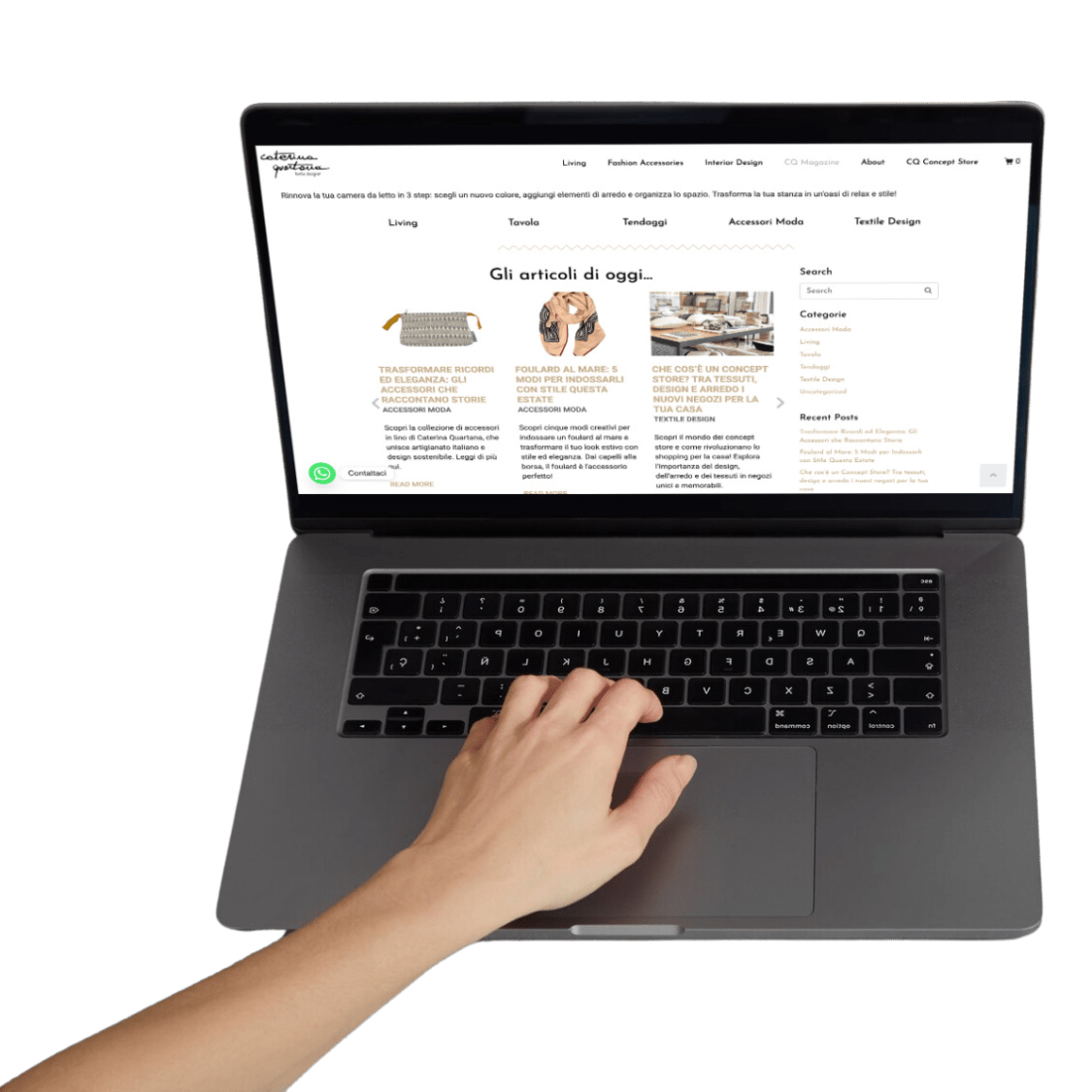How AI can tailor magazine content to boost email open rates and click-through rates
In the rapidly evolving digital landscape, businesses are constantly seeking innovative ways to engage their audience. One of the most promising advancements in this realm is the integration of Artificial Intelligence (AI) in personalized email marketing, particularly through corporate magazines. This article explores how AI can tailor magazine content to boost email open rates and click-through rates, providing valuable insights and examples to illustrate its potential.
The Rise of AI in Email Marketing
AI has revolutionized various industries, and email marketing is no exception. By leveraging AI, marketers can analyze vast amounts of data to understand consumer behavior, preferences, and trends. This enables them to create highly personalized content that resonates with individual recipients.
According to a study by Salesforce, 84% of customers say being treated like a person, not a number, is very important to winning their business. AI helps achieve this by delivering content that is not only relevant but also timely.
Understanding Personalized Email Marketing
Personalized email marketing involves tailoring email content to meet the specific needs and interests of individual recipients. This approach goes beyond simply addressing the recipient by name; it involves curating content that aligns with their preferences, past interactions, and predicted future behavior.
AI plays a crucial role in this process by analyzing data from various sources, such as browsing history, purchase behavior, and social media activity. This data is then used to segment audiences and deliver content that is most likely to engage them.
The Role of Corporate Magazines in Email Marketing
Corporate magazines have long been a staple in content marketing strategies. They provide a platform for businesses to share valuable insights, industry news, and thought leadership content with their audience. When integrated with email marketing, corporate magazines can significantly enhance engagement rates.
By leveraging AI, businesses can tailor magazine content to suit the preferences of individual recipients. This not only increases the likelihood of the email being opened but also encourages recipients to click through to the full magazine content.
How AI Enhances Personalization in Corporate Magazines
AI enhances personalization in corporate magazines through several key mechanisms:
- Content Curation: AI algorithms can analyze reader preferences and curate magazine content that aligns with their interests. This ensures that recipients receive content that is relevant and engaging.
- Predictive Analytics: By analyzing past behavior, AI can predict future interests and tailor content accordingly. This proactive approach keeps recipients engaged and encourages them to explore more content.
- Dynamic Content: AI enables the creation of dynamic content that changes based on the recipient’s behavior. This ensures that the content remains fresh and relevant, increasing the likelihood of engagement.
Case Studies: Successful AI-Driven Email Marketing Campaigns
Several companies have successfully implemented AI-driven email marketing campaigns, resulting in significant improvements in engagement rates. Here are a few examples:
- Netflix: Netflix uses AI to analyze viewing habits and recommend personalized content to its subscribers. This approach has resulted in higher engagement rates and increased customer satisfaction.
- Amazon: Amazon leverages AI to recommend products based on browsing and purchase history. This personalized approach has contributed to Amazon’s success as a leading e-commerce platform.
- Spotify: Spotify uses AI to curate personalized playlists for its users. This has led to increased user engagement and retention rates.
Statistics Supporting AI-Driven Personalization
Several studies highlight the effectiveness of AI-driven personalization in email marketing:
- A report by Statista found that personalized emails have an average open rate of 18.8%, compared to 13.1% for non-personalized emails.
- According to Experian, personalized emails deliver six times higher transaction rates than non-personalized emails.
- A study by McKinsey revealed that personalization can reduce acquisition costs by as much as 50%, lift revenues by 5-15%, and increase the efficiency of marketing spend by 10-30%.
Challenges and Considerations
While AI-driven personalization offers numerous benefits, it also presents certain challenges and considerations:
- Data Privacy: With increasing concerns about data privacy, businesses must ensure that they handle customer data responsibly and comply with relevant regulations.
- Integration: Integrating AI with existing marketing systems can be complex and may require significant investment in technology and training.
- Over-Personalization: There is a risk of over-personalization, where recipients may feel uncomfortable with the level of personalization. Striking the right balance is crucial.
The Future of AI in Personalized Email Marketing
The future of AI in personalized email marketing looks promising. As AI technology continues to evolve, businesses can expect even more sophisticated personalization capabilities. This will enable them to deliver highly targeted content that resonates with their audience, ultimately driving higher engagement rates.
Moreover, advancements in natural language processing (NLP) and machine learning will enable AI to understand and respond to human emotions, further enhancing the personalization experience.
Conclusion
In conclusion, AI has the potential to revolutionize personalized email marketing, particularly through corporate magazines. By leveraging AI, businesses can tailor magazine content to boost email open rates and click-through rates, ultimately driving higher engagement and conversion rates. While there are challenges to consider, the benefits of AI-driven personalization far outweigh the risks. As technology continues to advance, businesses that embrace AI in their email marketing strategies will be well-positioned to succeed in the digital age.




